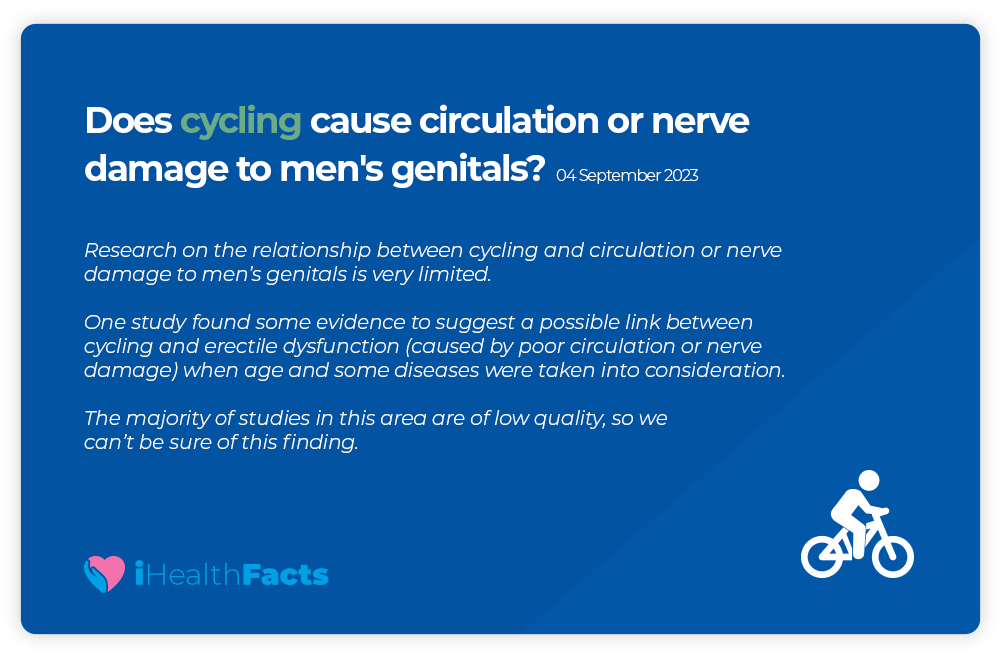- Lead Researcher: Dr Elaine Toomey, Lecturer in Evidence-Based Healthcare, School of Nursing and Midwifery, University of Galway.
- Reviewed by: Dr Paula Byrne, Senior post-doctoral researcher, iHealthFacts, Evidence Synthesis Ireland and Cochrane Ireland, College of Medicine, Nursing and Health Sciences, University of Galway.
- Topic advisor: Dr Caroline McCarthy, Clinical Lecturer and Research Fellow, Department of General Practice, RCSI University of Medicine and Health Sciences and General Practitioner, Leixlip, Co Kildare.
- Public and Patient advisor: Anne Daly, Public and Patient Involvement in research (PPI) advisor, PPI Ignite, University of Galway.
- Journalist Advisor: Dr. Claire O’Connell, PhD in cell biology, Masters in Science Communication. Contributor to The Irish Times, writing about health, science and innovation.
Conflict of Interest Statement: The authors have no financial or other conflicts of interest for this health claim summary.
